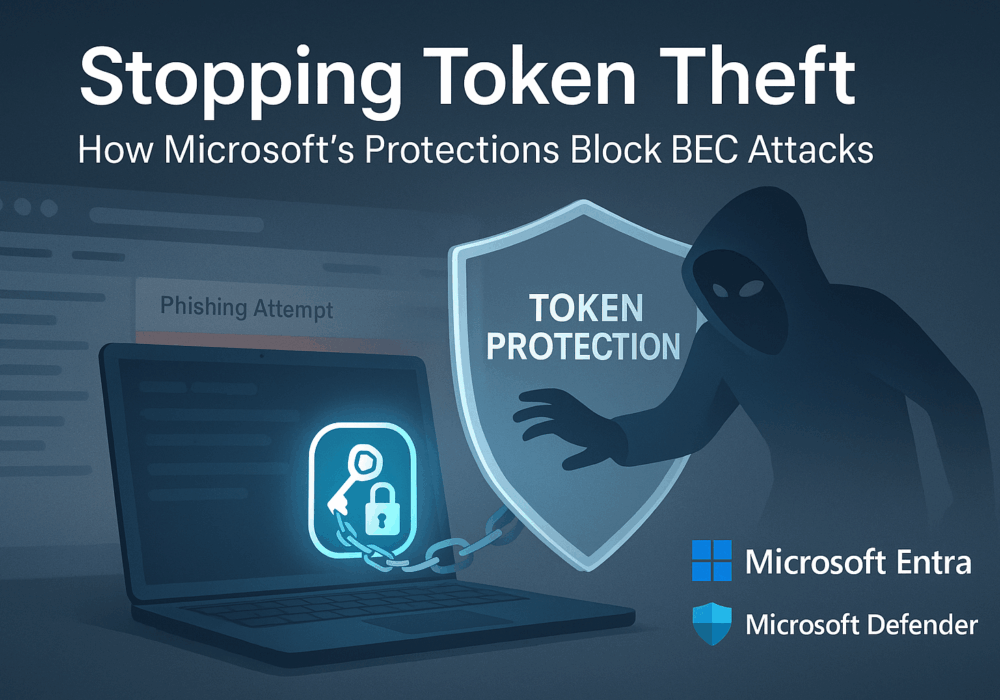Linkjacking is a practice used to redirect one website’s links to another. Usually, this is accomplished by submitting someone else’s content to an aggregator website, which then drives traffic to the secondary site, rather than that of the original creator.
Some larger websites, such as Digg or Reddit, may linkjack a blog or an interesting article. In these instances, the notable website does provide backlinks and appropriate references to the original content, thereby gifting a large spike in traffic to the originating website.
From a negative standpoint, some linkjackers provide a website with no original content and by driving up traffic to the alternate content, they make money on any click-through ads. When used in this fashion, the linkjacker doesn’t provide backlinks.
Source: Computerhope
Related Readings:
Airtime disappearing? It Might Be Click-jacking,
Beware of Scammers Looking to Take Advantage of Kobe Bryant Tragedy
While there aren’t many security risks around linkjacking besides the potential for Phishing, it’s still vital to ensure you have all basic security measures in place. Taking the following actions recommended by CyberHoot can save you many headaches down the road with any account containing sensitive information:
Discover and share the latest cybersecurity trends, tips and best practices – alongside new threats to watch out for.

Welcome to our two-part blog series on Microsoft’s new email security enhancement now included in Office 365 P1...
Read more
"Being an MSP today is like wearing a neon sign that says, ‘Hack me! I’m the gateway to 100...
Read more
Ever had your phone suddenly lose service for no reason, followed by a flood of “reset your password”...
Read moreGet sharper eyes on human risks, with the positive approach that beats traditional phish testing.
